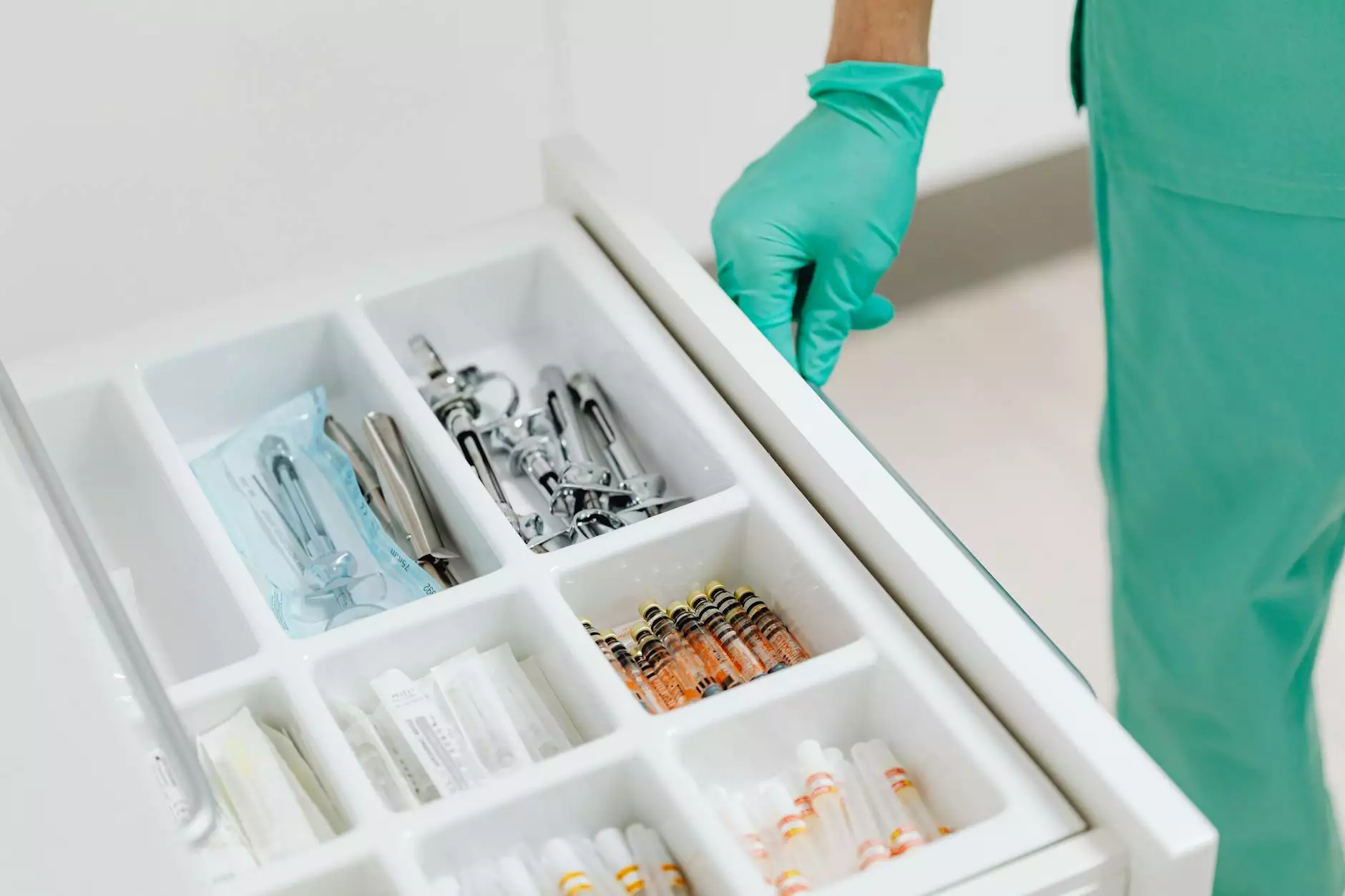Unlocking the Future of Healthcare Administration: Medical Billing Classes

In the ever-evolving landscape of the healthcare industry, medical billing classes have emerged as a cornerstone for aspiring professionals and established experts alike. These classes provide vital training that not only enhances individual skill sets but also drives efficiency and accuracy in medical facilities. This comprehensive guide will delve into the various aspects of medical billing classes, their importance, and how they are a gateway to a rewarding career in healthcare administration.
Understanding Medical Billing
Medical billing refers to the process of submitting and following up on claims with health insurance companies to receive payment for services provided by healthcare professionals. This intricate process requires a robust understanding of medical terminology, coding, insurance policies, and billing procedures. Given the complexity of medical billing, it is essential for professionals in the field to receive formal training through medical billing classes.
The Importance of Medical Billing Classes
The demand for skilled medical billers is perpetually growing due to the expanding healthcare industry. Enrolling in medical billing classes equips students with relevant knowledge and practical skills, broadening their career opportunities. Here are several reasons why these classes are essential:
- In-Depth Knowledge: Medical billing classes cover essential topics, including medical coding, payer guidelines, and healthcare regulations.
- Certification Preparation: Many classes prepare students for certification exams, a valuable asset for career advancement.
- Career Opportunities: Completing these classes opens doors to various roles in the healthcare sector, including medical biller, coder, and claims adjuster.
- Increased Earnings: Professionals with formal training often command higher salaries compared to their untrained counterparts.
- Networking Opportunities: These classes often provide opportunities to connect with industry professionals and peers.
- Stay Updated: The healthcare industry is constantly changing, and ongoing training ensures that professionals stay informed about the latest updates and technologies.
What to Expect in Medical Billing Classes
When enrolling in medical billing classes, students can expect a curriculum that covers a range of topics. Below is a breakdown of key components typically included in these programs:
1. Medical Terminology
Understanding medical terminology is fundamental to the billing process. Classes will cover the terms used in healthcare settings, allowing students to communicate effectively with medical personnel and understand the documentation they will be working with.
2. Medical Coding Systems
Medical coding involves translating healthcare diagnoses, procedures, and services into universal medical codes. Students will learn about coding systems such as:
- ICD-10: International Classification of Diseases, Tenth Revision.
- CPT: Current Procedural Terminology.
- HCPCS: Healthcare Common Procedure Coding System.
3. Billing and Reimbursement Processes
Students will gain familiarity with the medical billing process, including how to prepare and submit claims, handle denials, and understand reimbursement methodologies employed by various insurers.
4. Regulations and Compliance
Healthcare is subject to numerous regulations regarding billing practices, such as HIPAA (Health Insurance Portability and Accountability Act). Understanding these regulations is crucial for ensuring compliance and protecting patient information.
5. Software Proficiency
Modern medical billing relies heavily on software systems. Classes may provide training on common medical billing software to give students a practical edge when entering the workforce.
Choosing the Right Medical Billing Class
With so many options available, choosing the right medical billing class can seem daunting. Here are several critical factors to consider when making your decision:
1. Accreditation
Ensure the program is accredited by a recognized organization, which adds credibility to your education and enhances job prospects.
2. Course Content
Review the course syllabus to ensure it covers all essential topics mentioned earlier. A comprehensive curriculum will prepare you better for the real-world challenges of medical billing.
3. Mode of Learning
Consider whether you prefer in-person training or online classes. Both options have pros and cons, but the best choice aligns with your learning style and schedule.
4. Cost
Evaluate the cost of the program against its potential return on investment. Consider tuition, materials, and additional fees compared to the average starting salary of medical billers in your area.
5. Job Placement Assistance
Some programs offer job placement assistance, which can be a significant benefit. Strong connections with local healthcare facilities can help you secure your first job post-graduation.
Career Prospects in Medical Billing
Upon completion of medical billing classes, graduates will find a plethora of career options available to them. Below are some potential roles:
- Medical Biller: Responsible for billing patients and handling claims with insurance organizations.
- Health Information Technician: Manage and organize health information data, ensuring it meets industry regulations.
- Medical Coding Specialist: Focuses specifically on coding services with precision and compliance.
- Claims Processor: Works for insurance companies to review and process claims submitted by healthcare providers.
- Revenue Cycle Manager: Oversees the entire revenue cycle process to maximize revenue and minimize losses.
The Future of Medical Billing
The future of medical billing reflects the changes and advancements in the healthcare environment. Here’s what professionals can expect:
1. Technological Advancements
With the integration of AI and automation in healthcare, the role of medical billers may evolve. Upskilling will be essential, as technology will continue to shape processes and practices in billing.
2. Increased Demand for Medical Billers
As long as people require healthcare services, the demand for qualified medical billers will remain high. Continuous growth in the healthcare sector promises numerous job opportunities.
3. The Importance of Continuing Education
Healthcare regulations and billing practices evolve constantly. Therefore, ongoing education and certification are crucial for success and staying competitive in the job market.
In summary, medical billing classes are vital for anyone looking to advance their career in healthcare administration. The knowledge and skills acquired through these programs not only lead to personal growth but also significantly contribute to the efficiency of healthcare facilities. Whether you are a budding professional or seeking to enhance your existing expertise, investing in a quality medical billing education will undoubtedly pay off in the long run.
As the healthcare industry continues to expand, now is the perfect time to consider enrolling in a medical billing class. Take this step toward a rewarding and prosperous career in the medical billing domain.
For more information on medical billing classes and how they can shape your career, visit medesunglobal.com.



